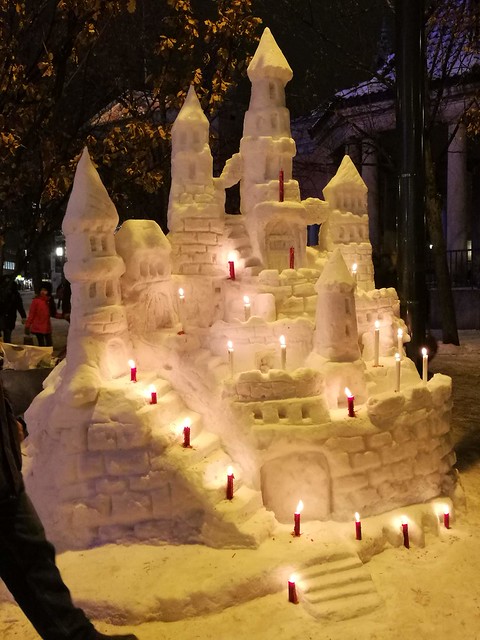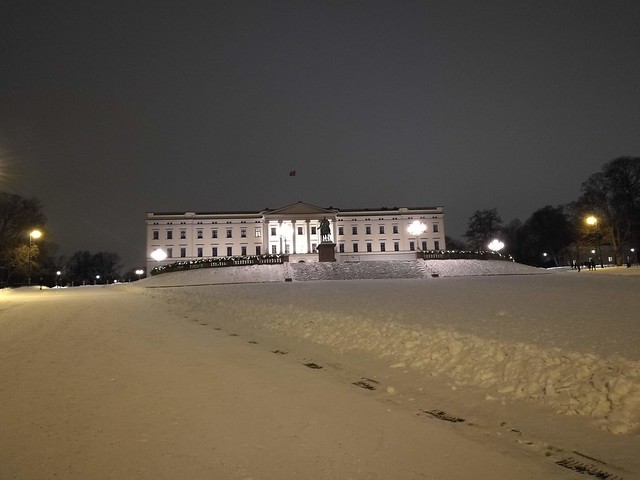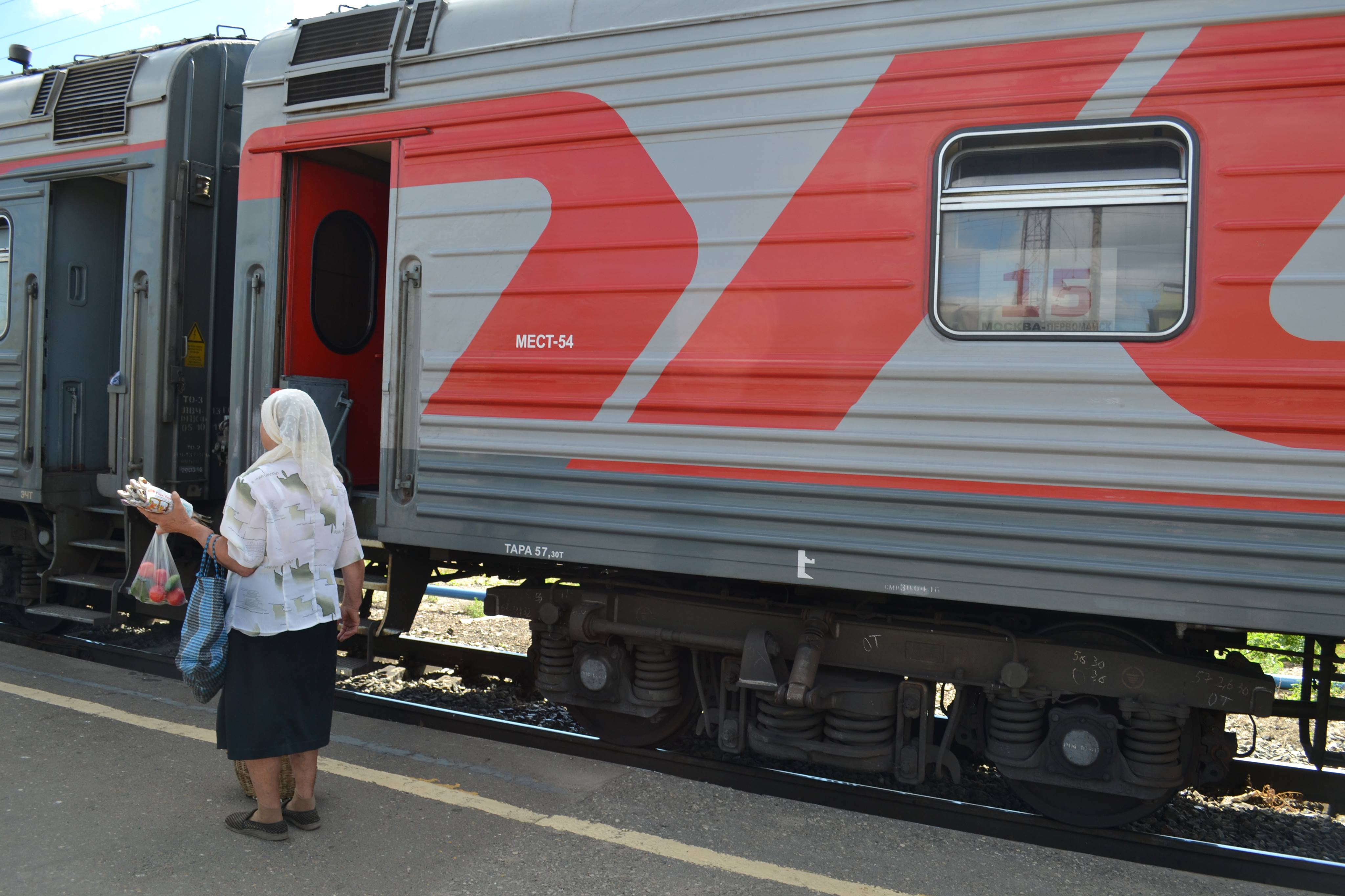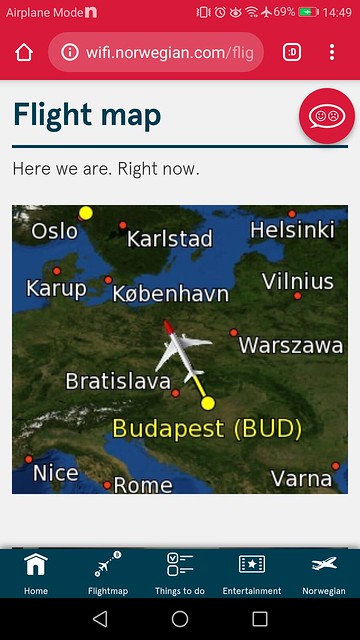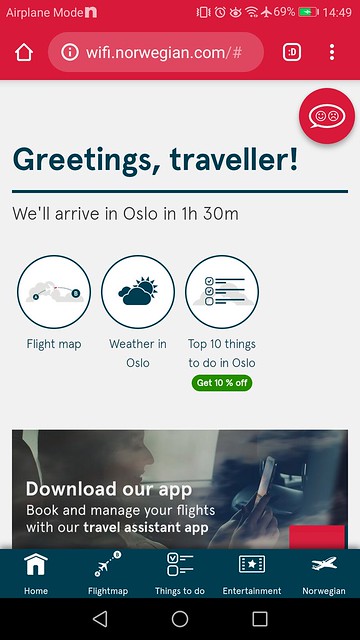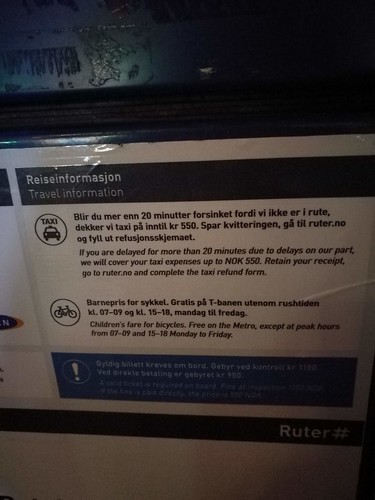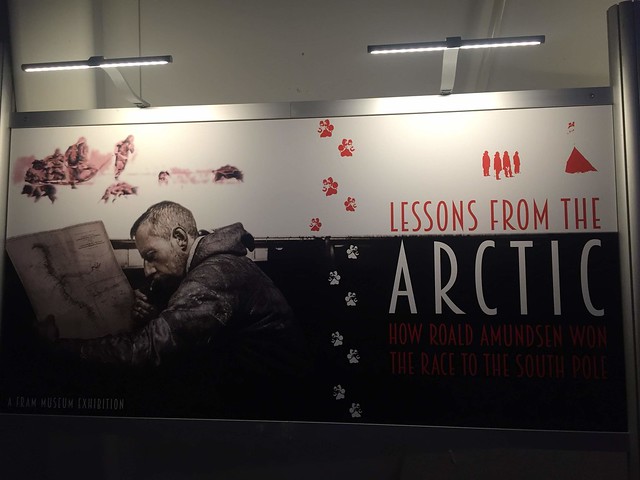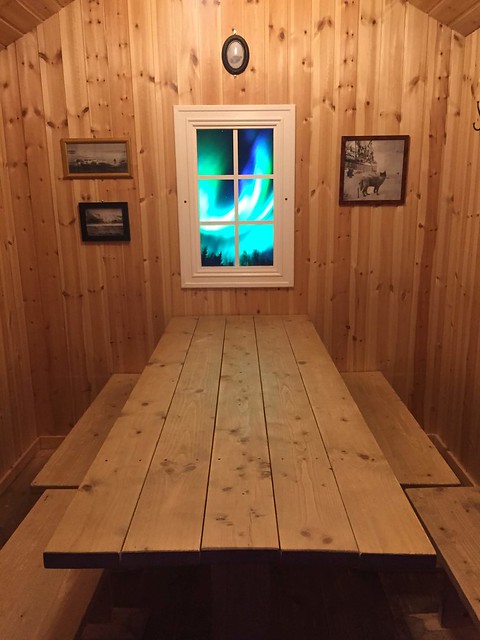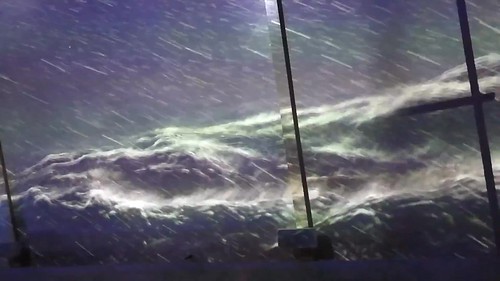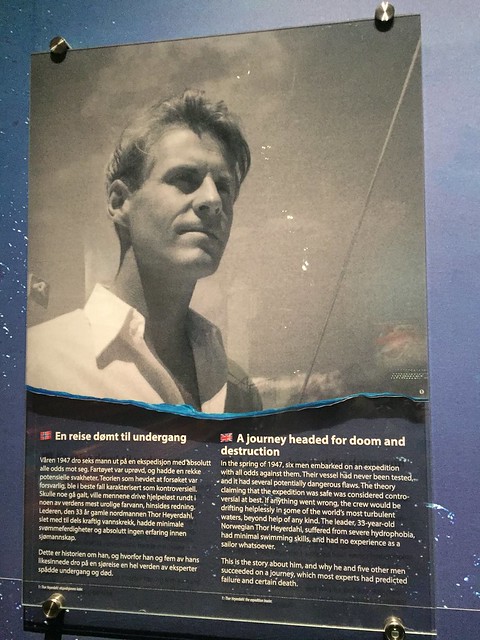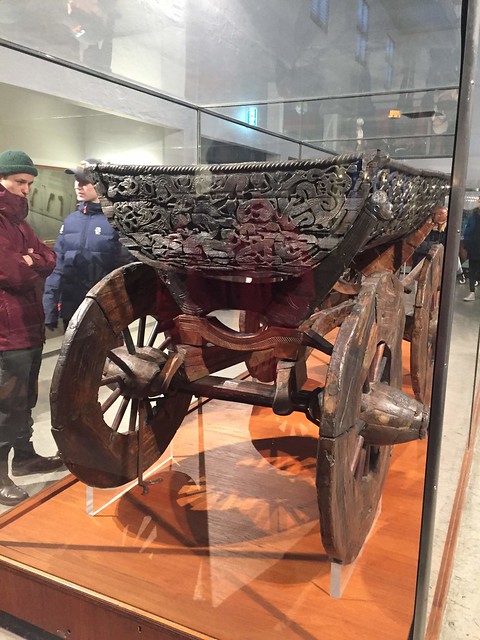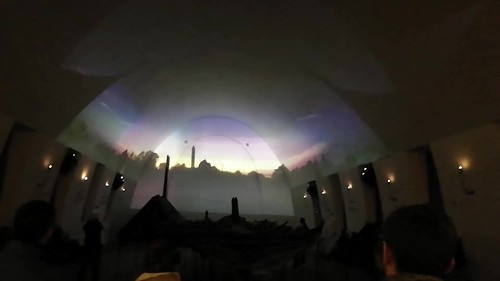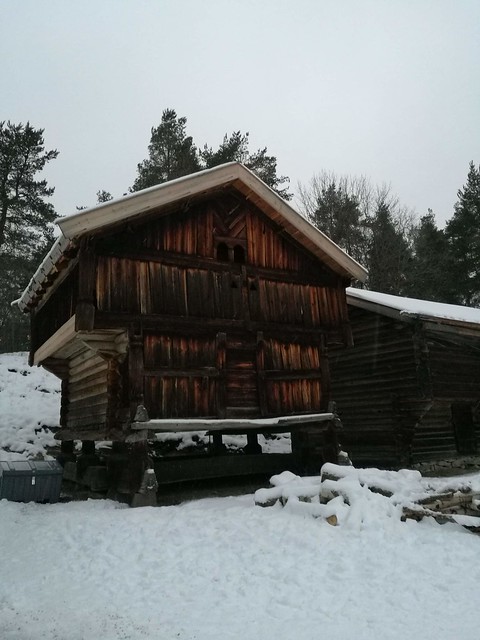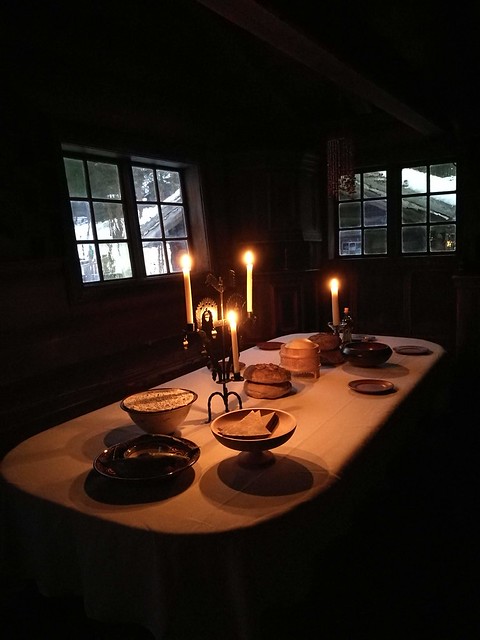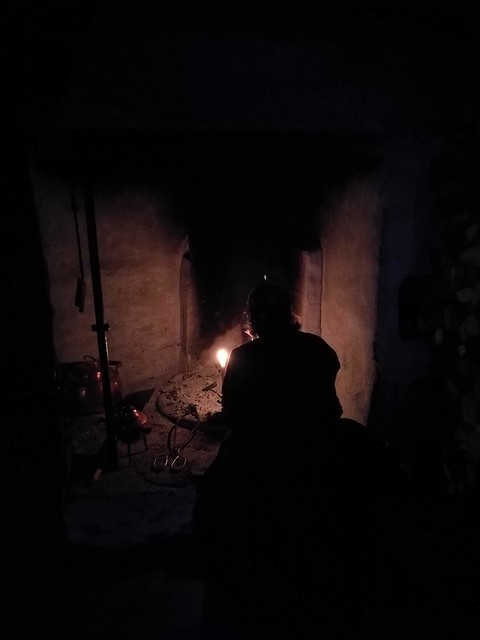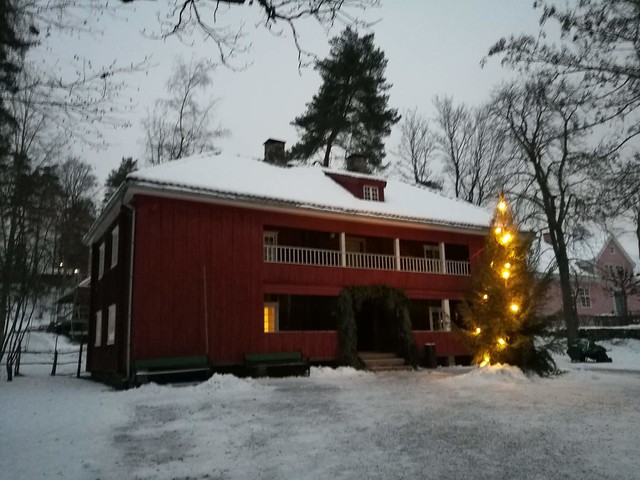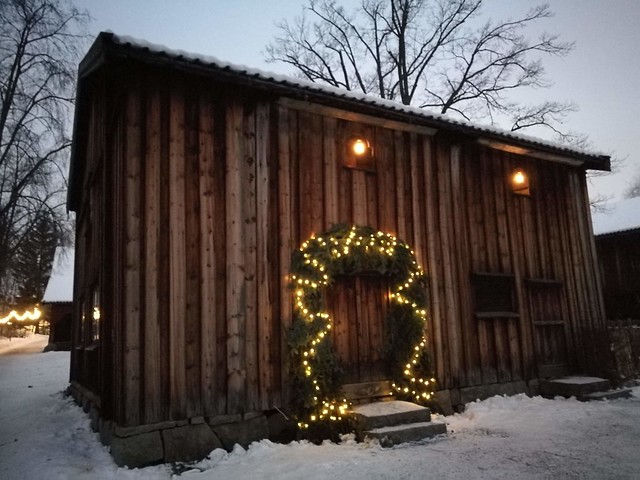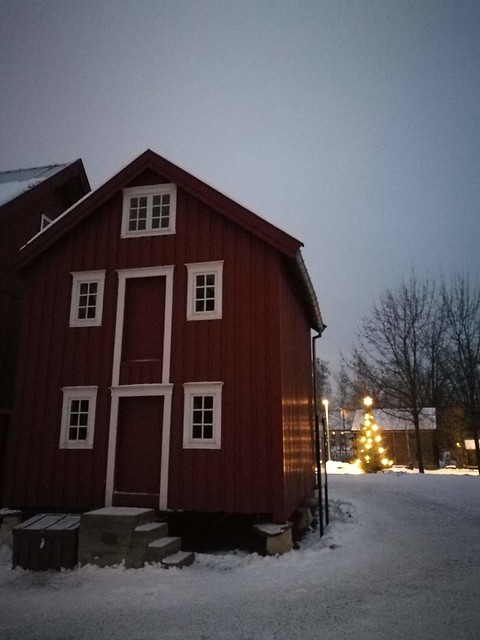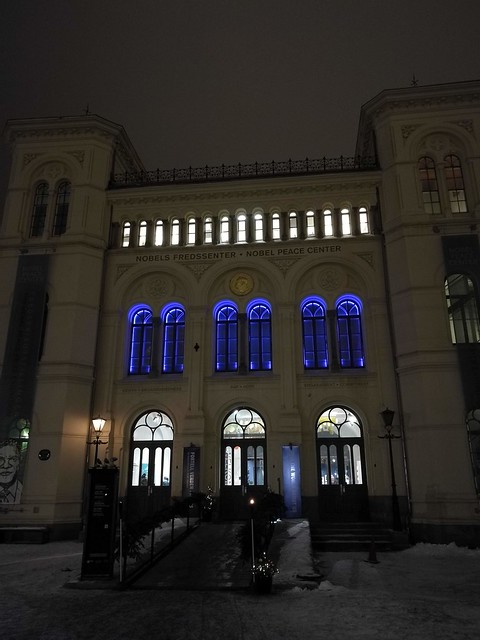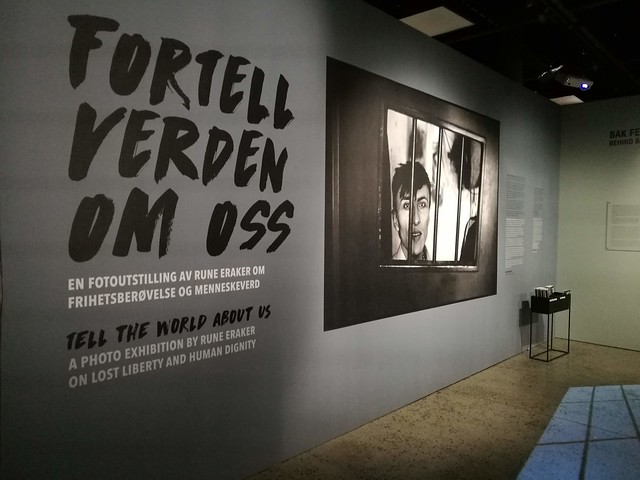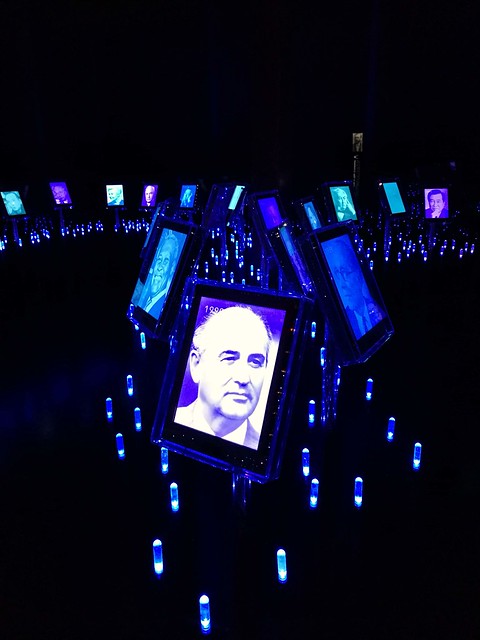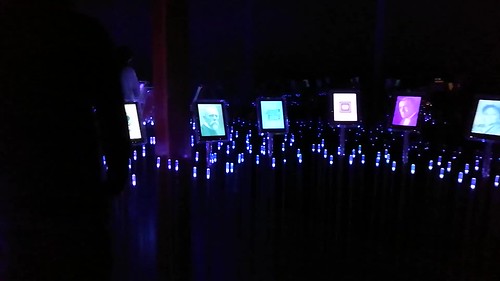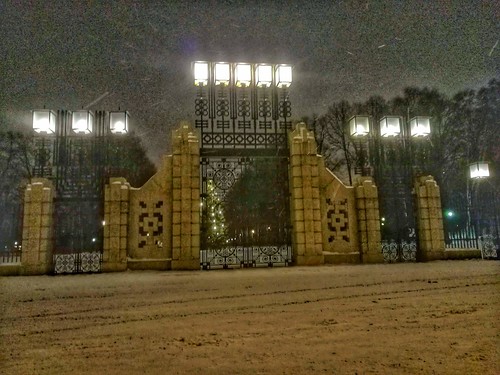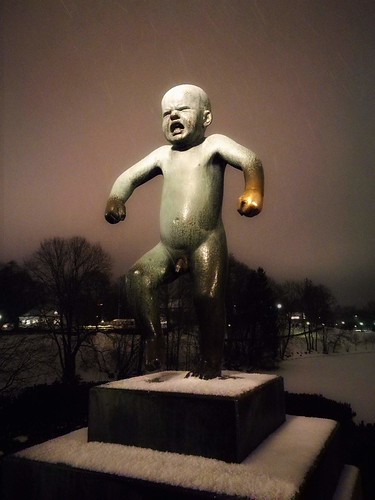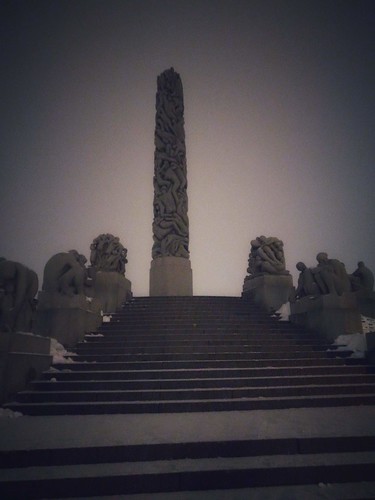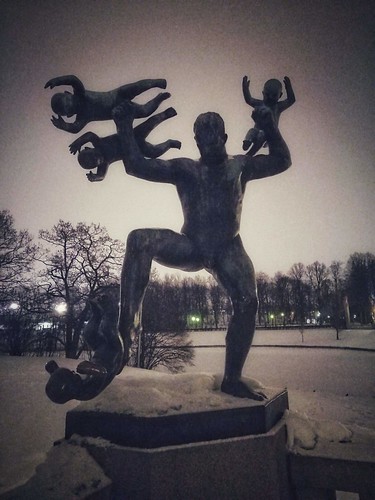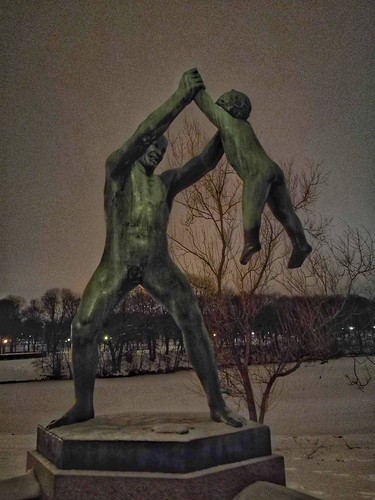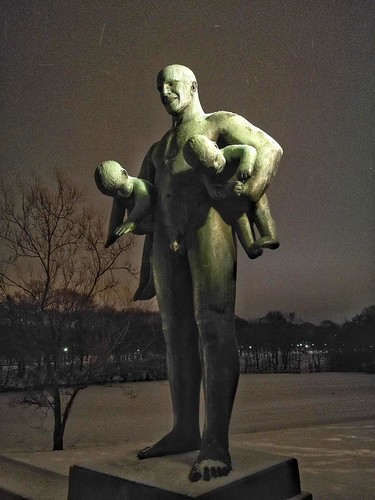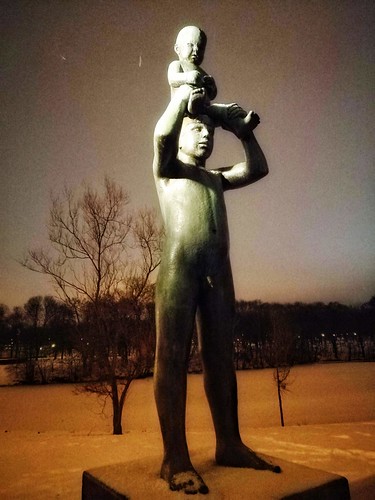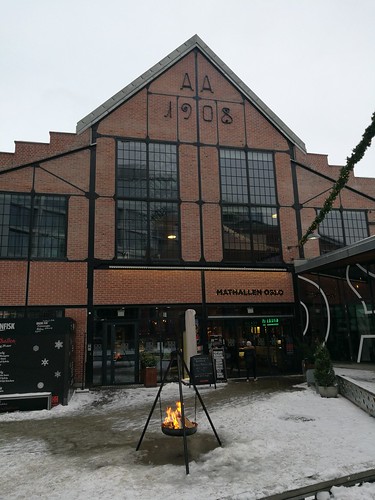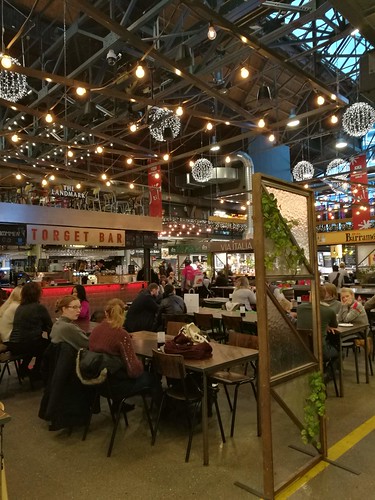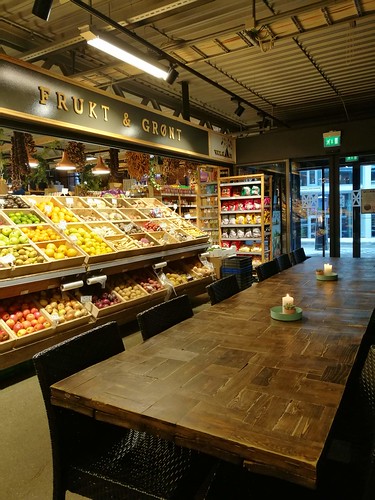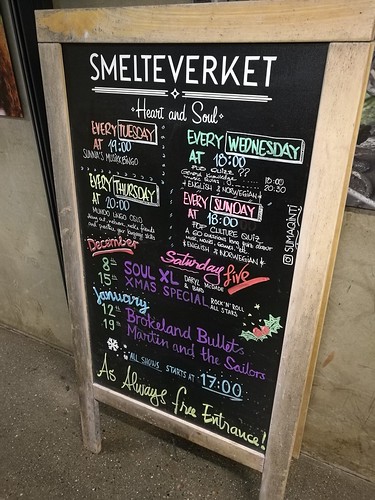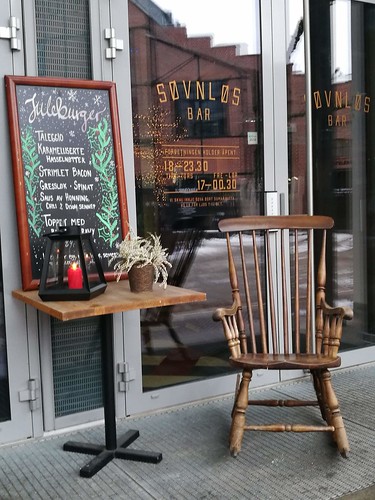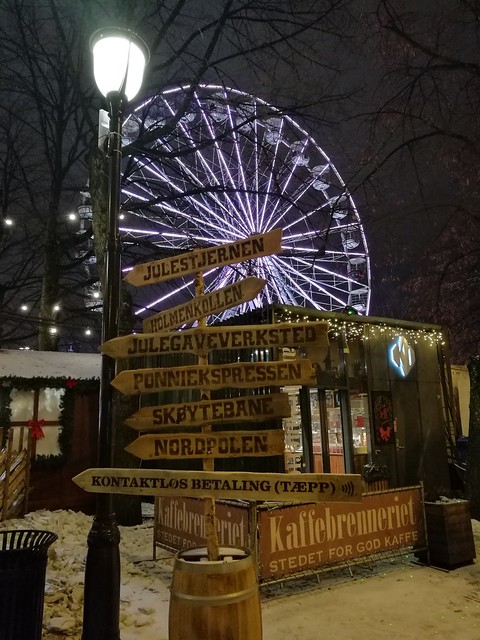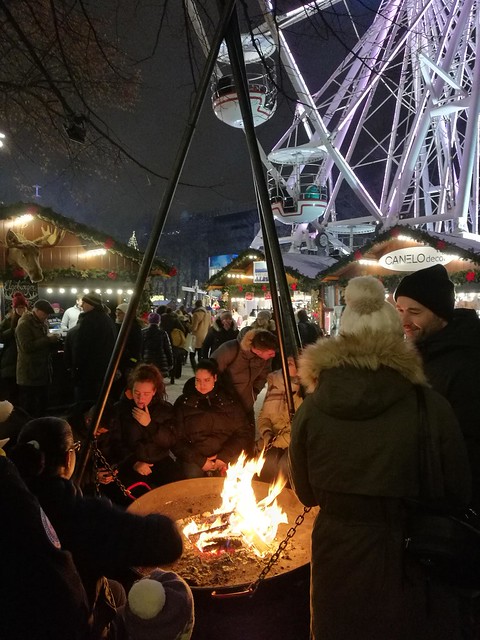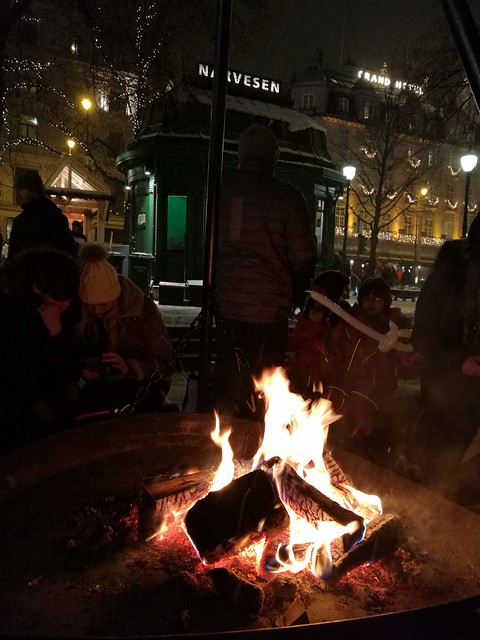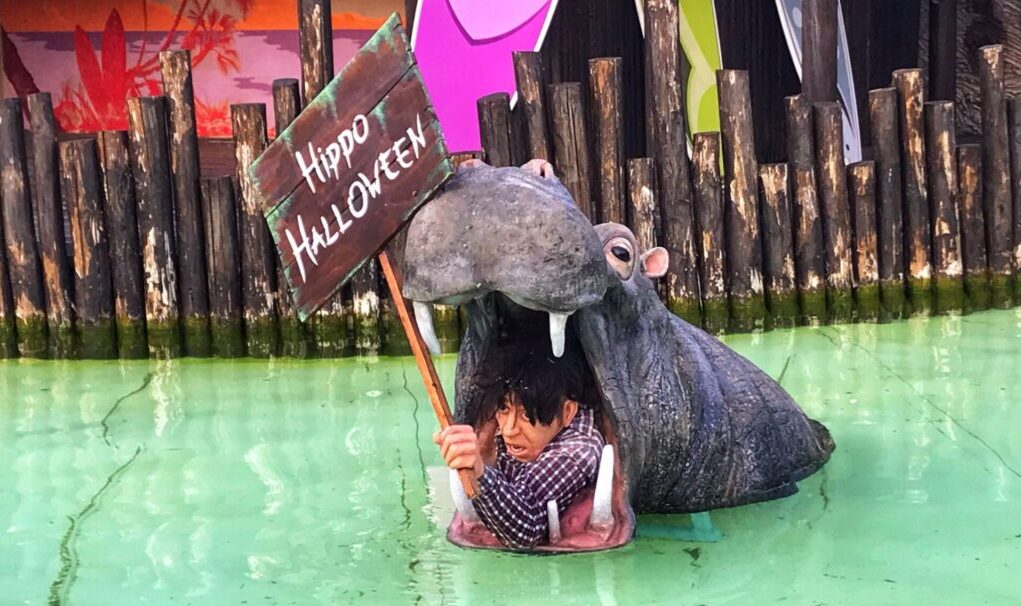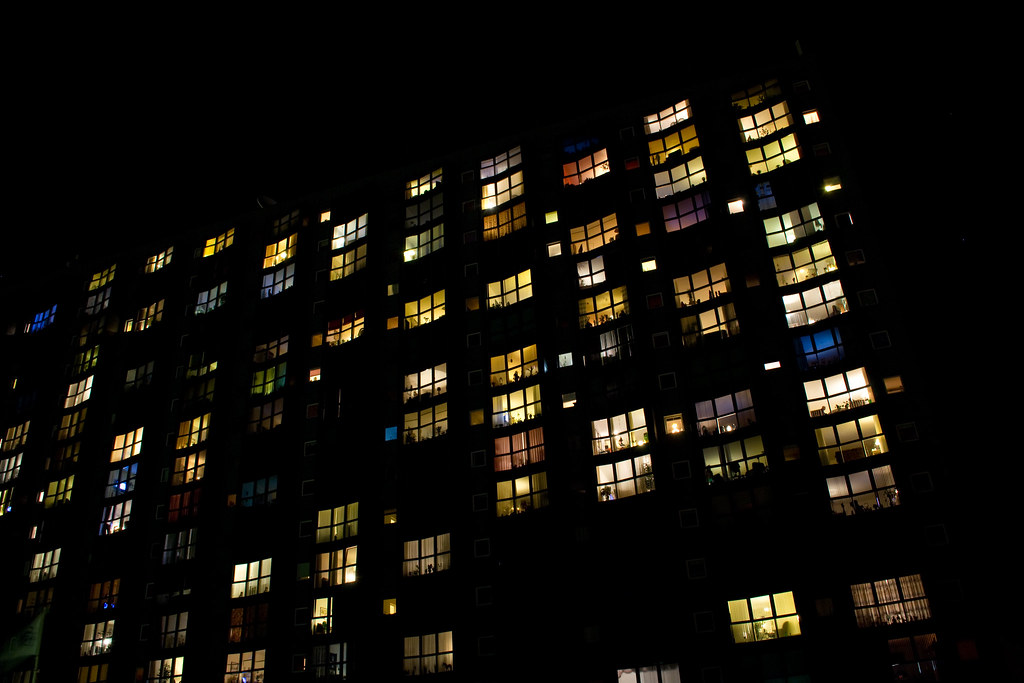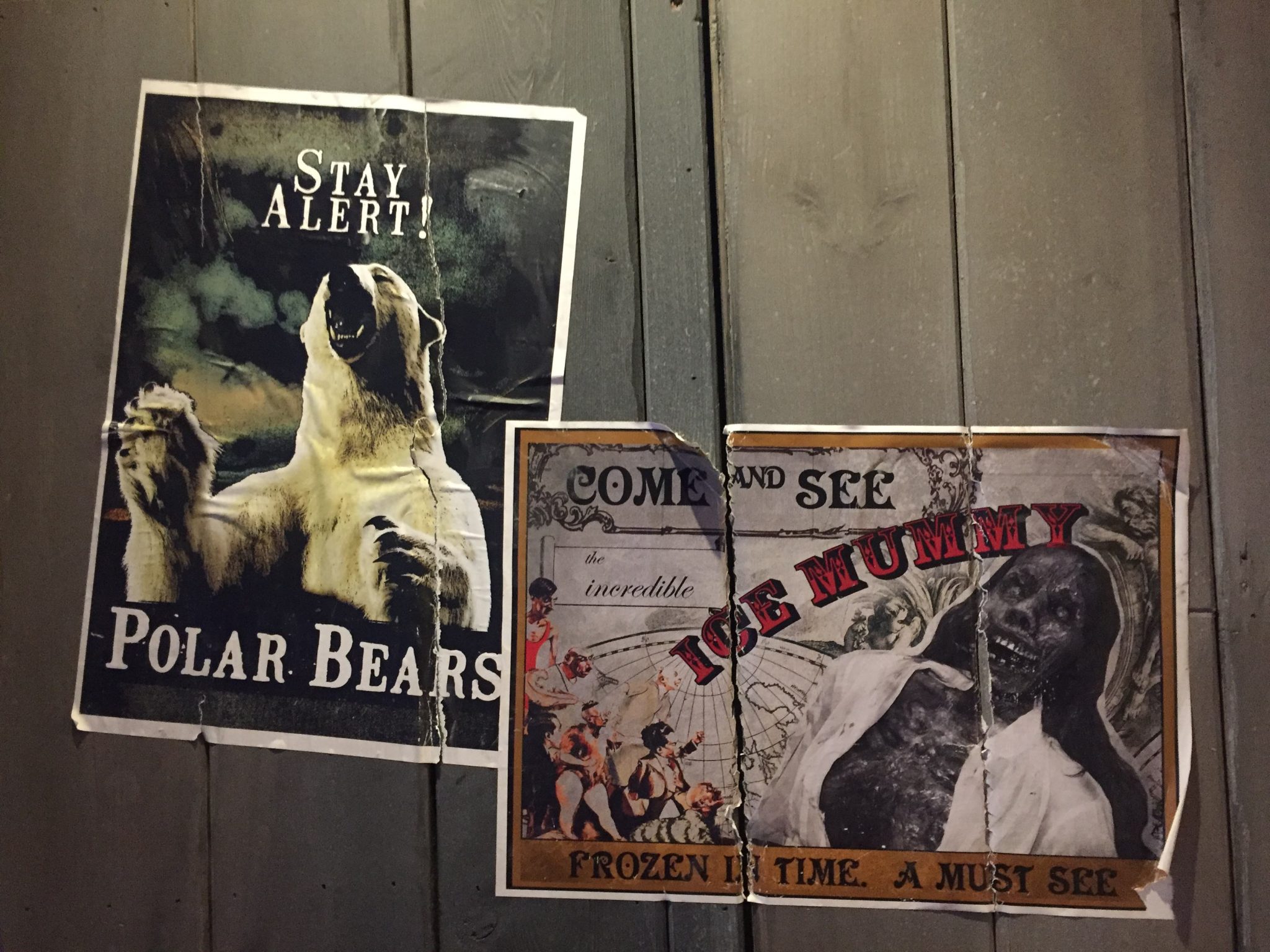
How to discover Oslo during a cold weekend
There are a lot of cities where we can have a quick visit for a weekend – mainly due to the favourable flight schedules since many of these towns would require more days preferably. Oslo is one of them, this was my second time here and I still feel that there is still a lot to discover. Unfortunately, I had no more days off for this year, so we tried our best to fit as much as we could in 2 days.
Let’s see what did we achieve!
Flight ticket
We recently fly from Budapest and Norwegian was giving a great option for a Friday afternoon – Sunday afternoon flight. From April 2019, Wizz Air also starts flights between these cities and we can have a round trip from 30 EUR! (However, Norwegian’s schedule is a bit better and we can have two cabin bags as of now and they also have in-flight wifi.)
Accommodation
Norway is obviously not a cheap country, so we tried to find a place where we don’t need to spend hundreds of euros. First, we booked an apartment on booking.com, but later we kept searching and we found a room with a nice couple, only 20 mins away from the city for 50 EUR for 2 nights. Our host was preparing for her exam to be a flight attendant – such a coincidence! We got also great tips from her and she let us cook in her kitchen.
If you want to save 28 EUR for your first AirBnB experience, use this link:
Public transport and airport transfer
In general, the best way to find the possibilities from the airports (if we don’t have some intel) if we visit the website of the airport. This is how we found that there is a possibility to arrive at the city center within 20 minutes with train, but if we want to save a bit of money, we can also go by shuttle. The return shuttle was 260 NOK (it is cheaper if we buy the return ticket), the return train is 380 NOK.
The public transport is quite good, we have several possibilities, metro, tram, buses, boats – all can be taken with the same ticket. It is cheaper if we buy the ticket in advance and not on the vehicle, but we shall not worry if we don’t find any ticket machine: we bought our tickets in the mobile application and due to the European roaming, we had internet throughout the journey. You can find more info here: https://ruter.no/en/buying-tickets/mobile-ticket-app/
Please note that not all the cards are working in this very moment with the app (e.g. my Hungarian Mastercard hasn’t worked, I used my Revolut).
If you happen to be at least 20 minutes late due to public transport, you can get up to 550 NOK refund of your taxi expenses.
Programme
We didn’t have too much time, so we had a bit rushy time, but managed to fit 5 museums to Saturday and a free walking tour on Sunday (thanks again to our guide, Sofi!) and a visit to the hipster area.
For the first day, we bought an Oslopass (in some cities these passes are worth it, Oslo is one of them), which not only included the public transport, but also the entrance to all of the museums we wanted to go. You can also go island hopping with this pass since the ships to the fjords are also included! Check where you can buy it and when they are open (e.g. the tourist office was already closed when we arrived at the train station and some places are also closed during winter) – if you need to go far, you can also consider buying the pass online. We downloaded the mobile application and went to the following museums:
Fram
The Fram museum is the last one in the corner of the Bygdøynes peninsula if you go by bus 30. Fram was the first ship specially built in Norway for polar research. She was used in 3 important expeditions, the first one was in 1893, and the last one finished in 1912: with Fridtjof Nansen on a drift over the Arctic Ocean 1893-96, with Otto Sverdrup to the arctic archipelago west of Greenland – now the Nunavut region of Canada – 1898-1902, and with Roald Amundsen to Antarctica for his South Pole expedition 1910-12.
Beside Fram, you can also find Gjøa there, which was the first ship to be sailed through the entire Northwest Passage.
In the museum we can learn the stories, the hardships and learning points of these polar researches, we can see ice mummies and learn about the Inuits and their alien-like language.
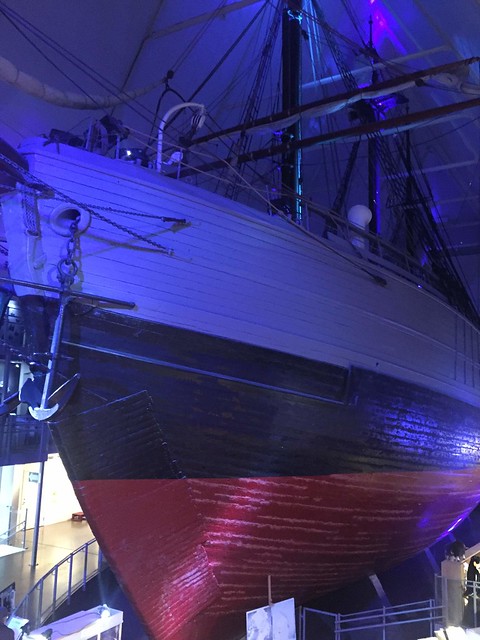
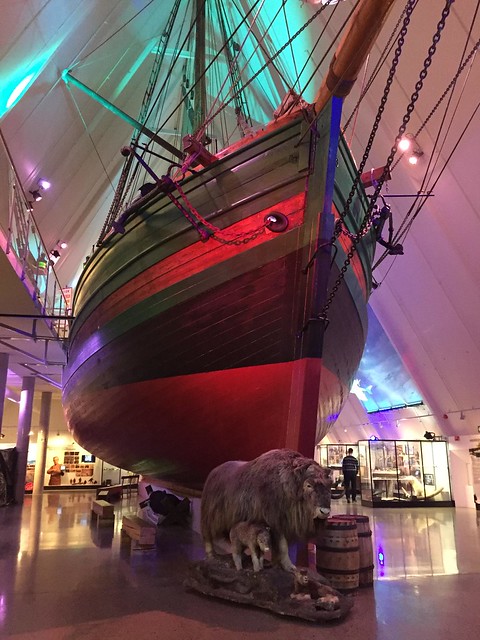
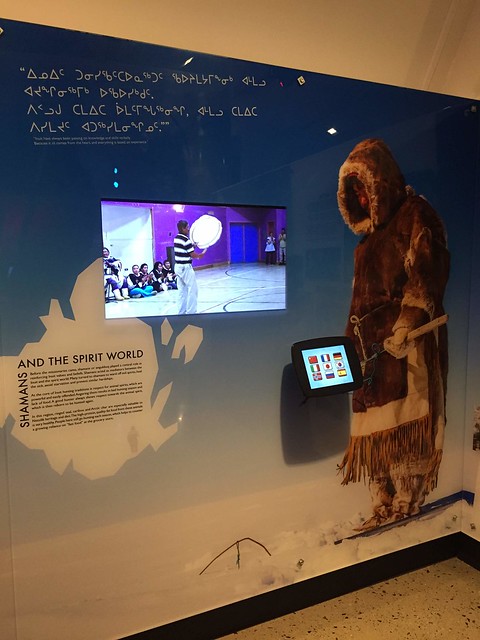
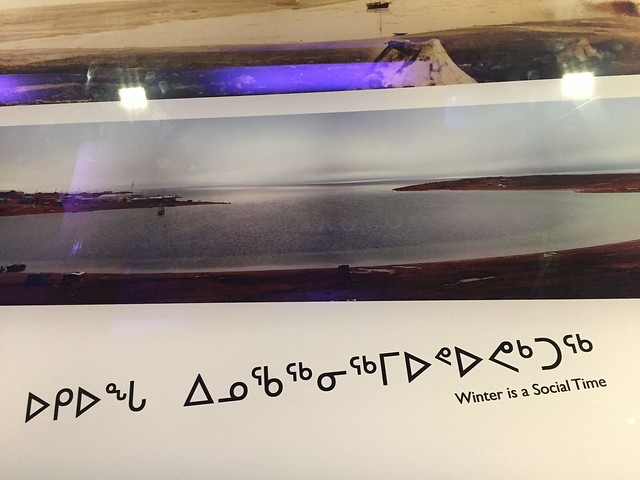
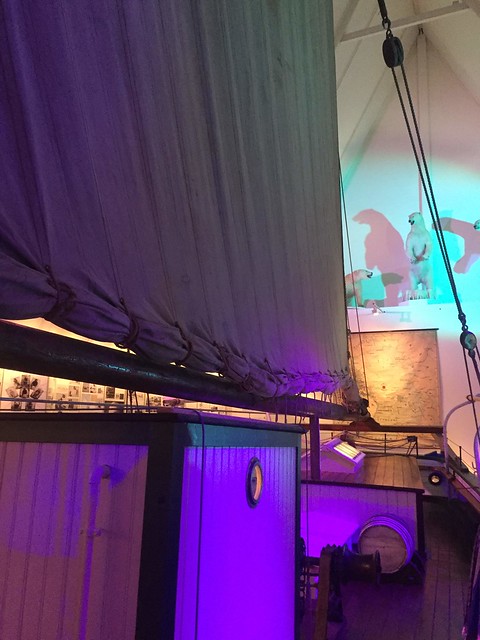
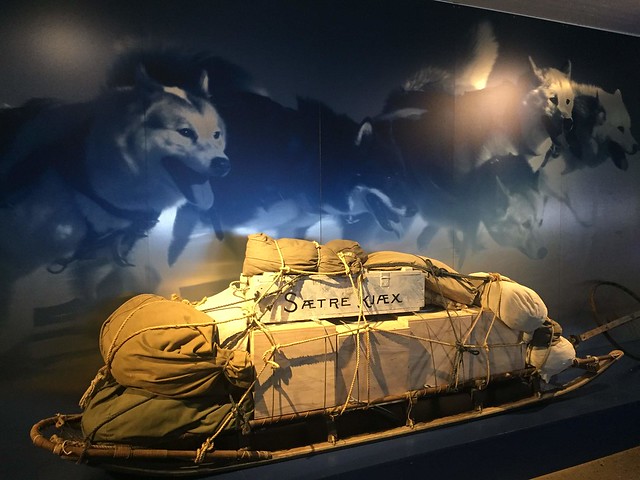
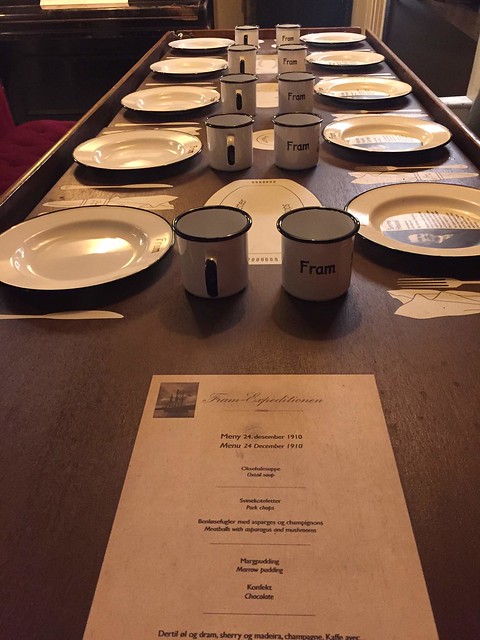
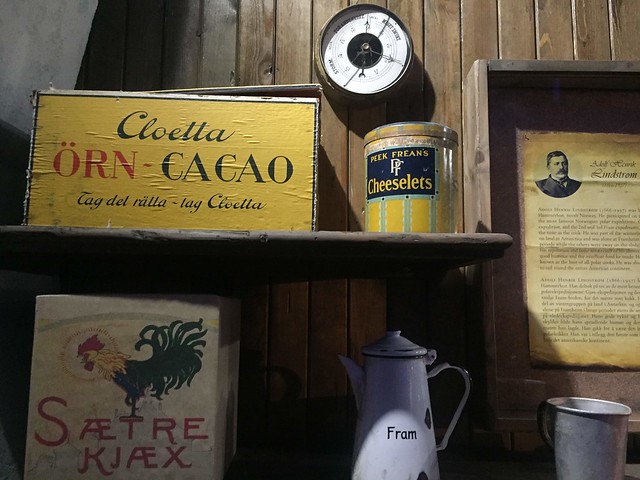
Kon-Tiki
The Norwegian writer and explorer, Thor Heyerdahl wanted to prove that even before Columbus, the South American people were travelling and settling down in Polynesia, thus on April 28, 1947, he started his journey from Peru after building a raft out of balsa logs and native materials. Their journey took 101 days and 6900 kilometres before they arrived in the Tuamotu islands and then sailed back safely.
In the museum, we can see not only the original raft, but also descriptions, logs and tools from the whole trip. Beside Kon-Tiki, we can also find Ra II, another vessel built of reeds. Heyerdahl sailed the Ra II from North Africa to the Caribbean after a previous attempt with the reed boat Ra failed.
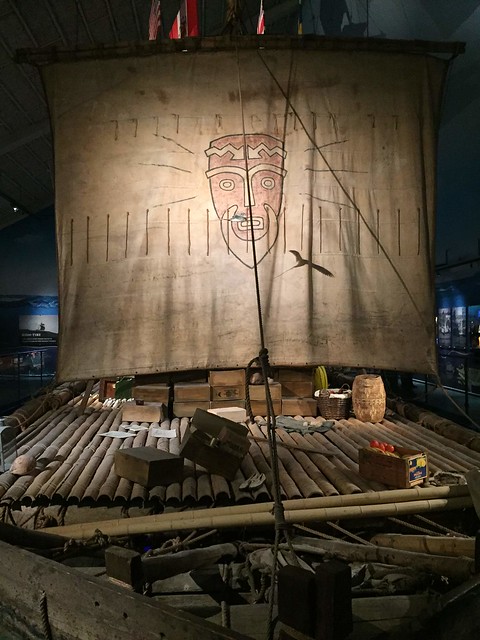
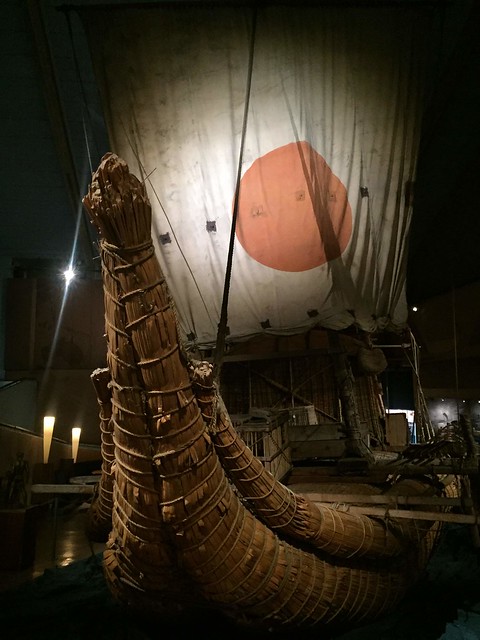
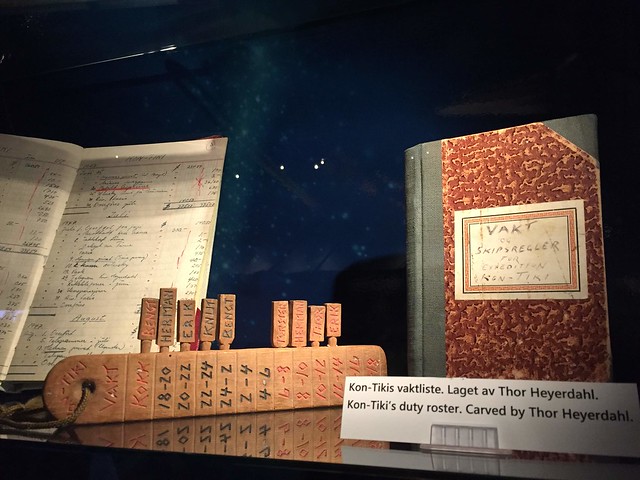
Viking ship museum
In this museum, we can find the best-preserved Viking ships which were found in the biggest known ship burial of the world. Besides the ships, we can also wander around seeing beautifully carved sledges, carts and beds from the Viking times.
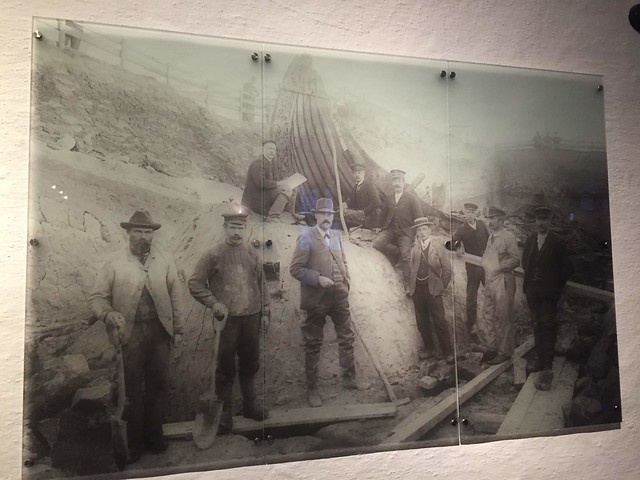
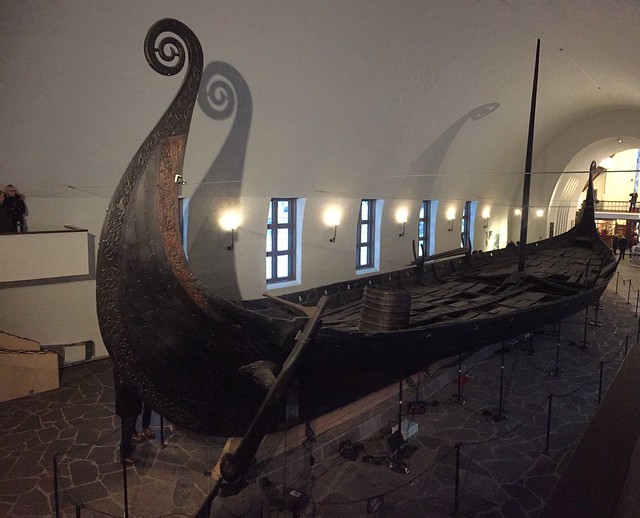
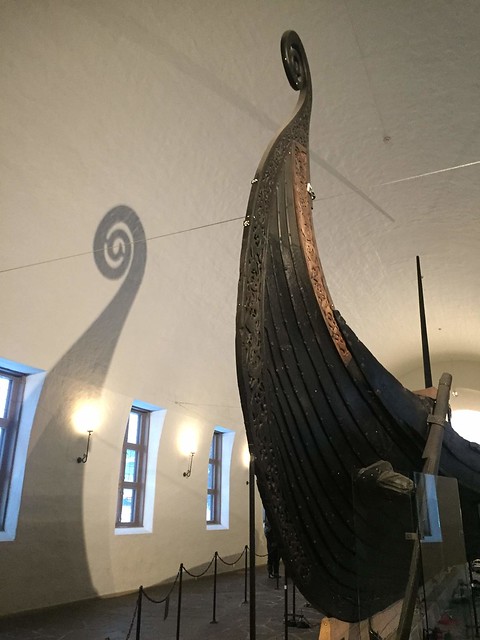
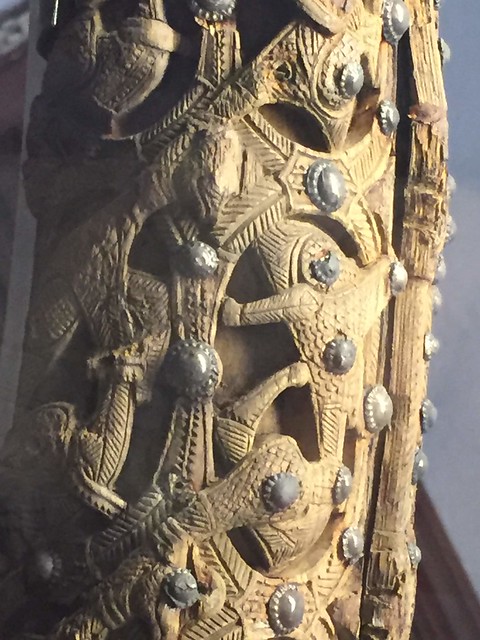
Norwegian Museum of Cultural History (Norsk Folkemuseum)
This is the first skansen I have ever seen in my life and one of my favourite one as well. It is in a quite huge territory, so it is recommended to leave some hours to discover it properly – we only had 1,5 hours, thus it was a quite rushy visit. They have thematic programmes, at the beginning of December, they even had Christmas markets what we unfortunately missed. However, in some houses, they were still replaying old Christmas traditions, they were also baking lefse.
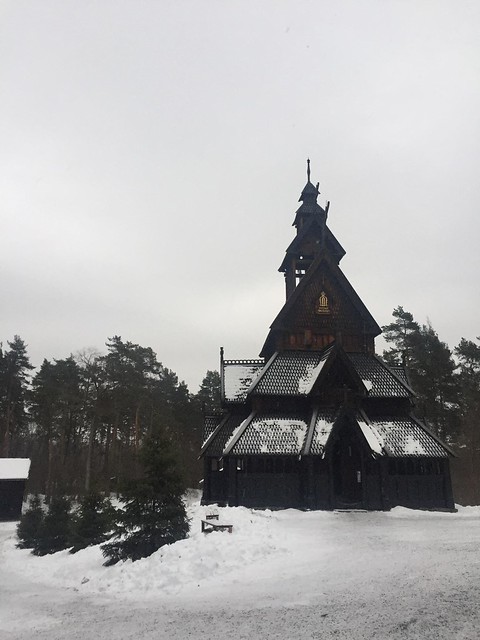
Nobel Peace Center
The peace centre, located in a former railway station building, has been opened in 2005 and ever since it presents the Nobel Peace Prize laureates and their work, in addition to telling the story of Alfred Nobel and the other Nobel prizes.
Frogner park / Vigeland park
This park is famous not only because it is the world’s largest sculpture park (with 200 sculptures) which has been made by a single artist – but also because it is fuel for nightmares for sure. See it for yourself!
It is also open during night, and the dim lights are giving some eery extra to these statues.
Grünerløkka
This part of Oslo is known as the hippie part of the town with cheap(ish) possibilities to go out. We had the chance to visit the food court, the Mathallen Oslo.
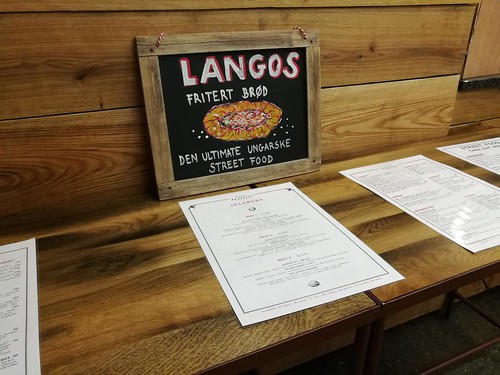
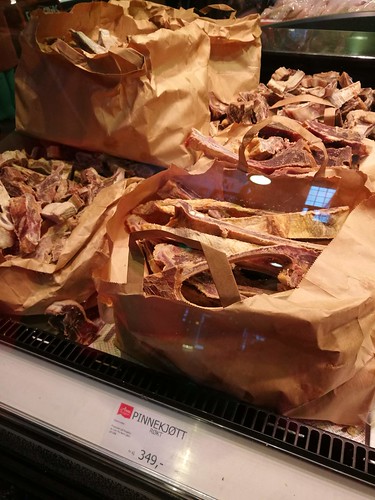
Christmas market
After not finding a Christmas market in Dublin (only in the surrounding towns), we were really wishing for something special in Oslo and we were not disappointed! There are several Christmas markets in the city, on the first night we found a Sami market, on the second night we went for the biggest one, close to the royal palace. You can get elk burger, gløgg and a bit less Norwegian churros there. The most special thing in these markets is not the talking elk (seriously, what), but the bonfire you can sit around and get warmer while you eat and socialize.
